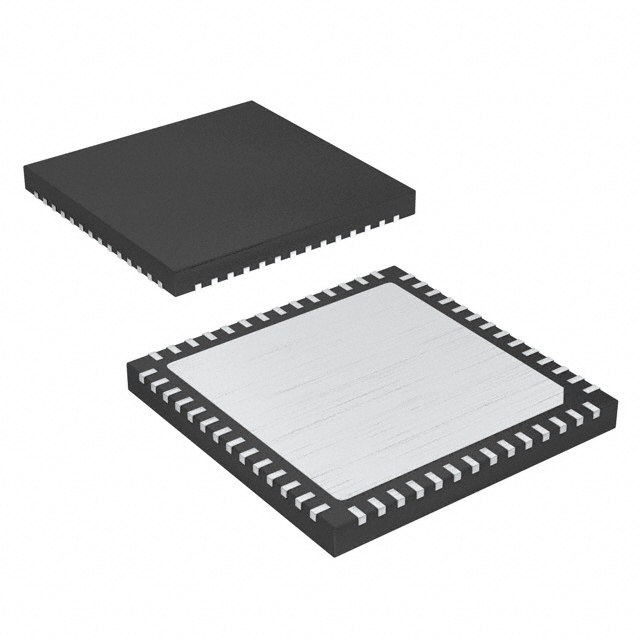DAC1658D1G5HN-C1
Manufacturer No:
DAC1658D1G5HN-C1
Manufacturer:
Description:
IC DAC 16BIT A-OUT 56VFQFPN
Datasheet:
Delivery:





Payment:




In Stock : 0
Please send RFQ , we will respond immediately.









DAC1658D1G5HN-C1 Specifications
-
TypeParameter
-
Mounting TypeSurface Mount
-
Supplier Device Package56-VFQFPN (8x8)
-
Package / Case56-VFQFN Exposed Pad
-
Operating Temperature-40°C ~ 85°C
-
ArchitectureOversampling Interpolating DAC
-
INL/DNL (LSB)-
-
Voltage - Supply, Digital1.14V ~ 1.26V
-
Voltage - Supply, Analog1.14V ~ 1.26V, 3.15V ~ 3.45V
-
Reference TypeExternal, Internal
-
Data InterfaceJESD204B
-
Differential OutputYes
-
Output TypeCurrent - Unbuffered
-
Settling Time20ns (Typ)
-
Number of D/A Converters2
-
Number of Bits16
-
DigiKey ProgrammableNot Verified
-
PackagingTray
-
Product StatusObsolete
-
Series-
The LC4128B-27TN128C is a specific type of integrated circuit chip known as a Complex Programmable Logic Device (CPLD). Here are some advantages and application scenarios of this chip:Advantages: 1. Flexibility: CPLDs like the LC4128B-27TN128C offer a high degree of flexibility in terms of logic design and implementation. They can be programmed and reprogrammed to perform various functions, making them suitable for a wide range of applications. 2. Integration: CPLDs integrate multiple logic functions into a single chip, reducing the need for multiple discrete components. This integration leads to space-saving and cost-effective solutions. 3. Speed: The LC4128B-27TN128C operates at a relatively high speed, allowing for efficient and fast processing of logic functions. 4. Low power consumption: CPLDs are designed to consume low power, making them suitable for battery-powered devices or applications where power efficiency is crucial.Application scenarios: 1. Digital circuit design: The LC4128B-27TN128C can be used in various digital circuit designs, such as data processing, control systems, and communication devices. 2. Prototyping and testing: CPLDs are often used in prototyping and testing stages of electronic product development. They allow engineers to quickly implement and test different logic functions before moving to more complex and expensive solutions. 3. Industrial automation: The flexibility and integration capabilities of CPLDs make them suitable for industrial automation applications. They can be used to control and monitor various processes, such as robotics, manufacturing equipment, and sensors. 4. Communication systems: CPLDs can be used in communication systems to implement various protocols, such as Ethernet, USB, or serial communication interfaces. 5. Automotive electronics: The LC4128B-27TN128C can be used in automotive electronics for functions like engine control, safety systems, or infotainment systems.It's important to note that the specific application scenarios may vary depending on the requirements and specifications of the project.
DAC1658D1G5HN-C1 Relevant information







